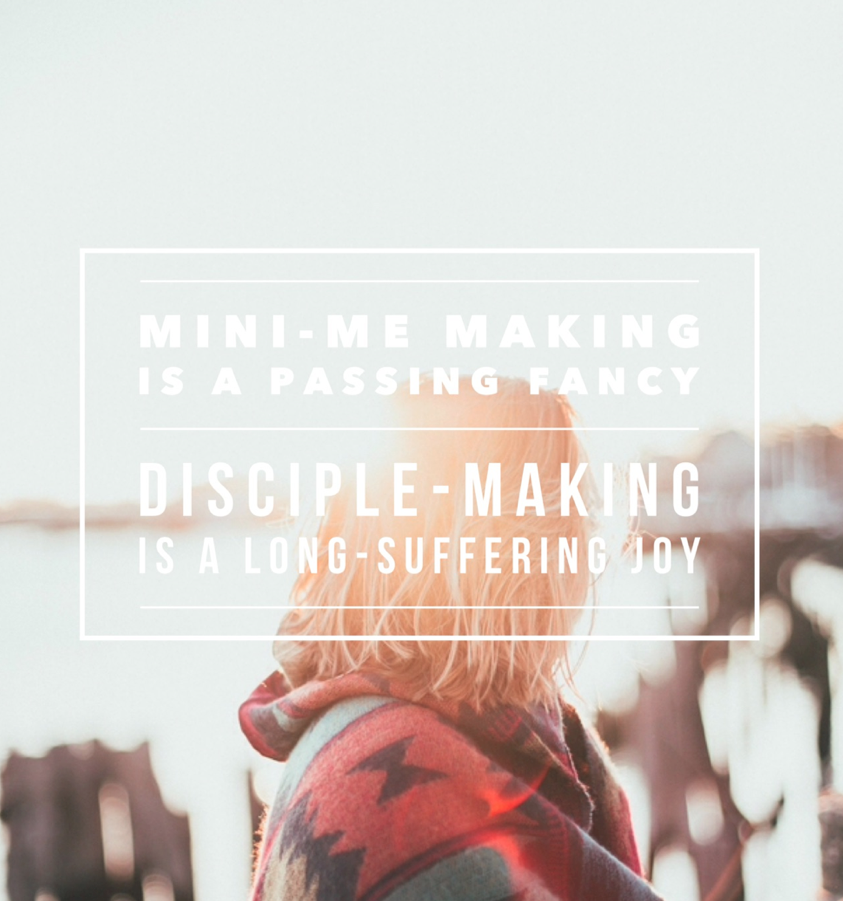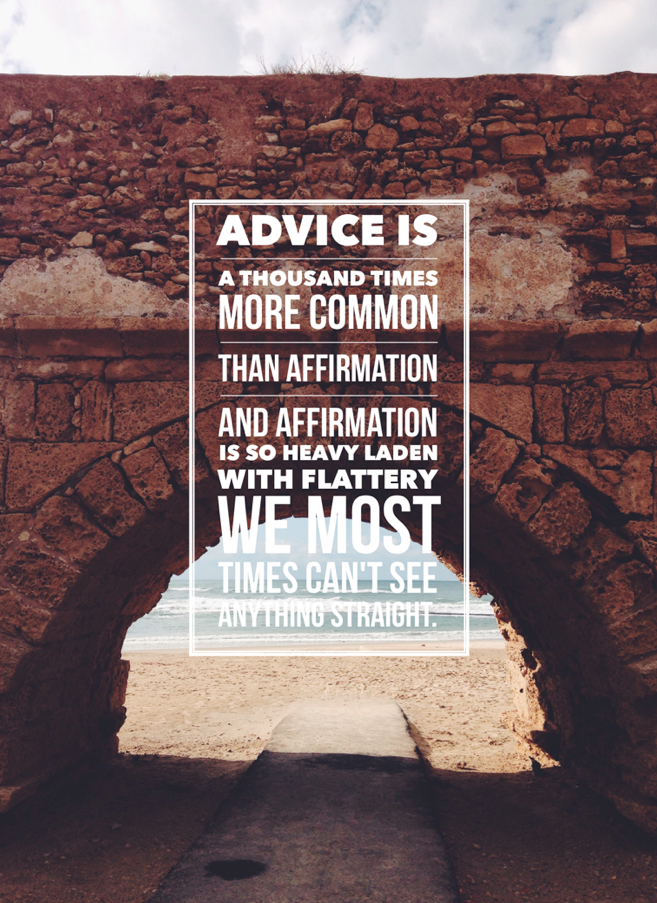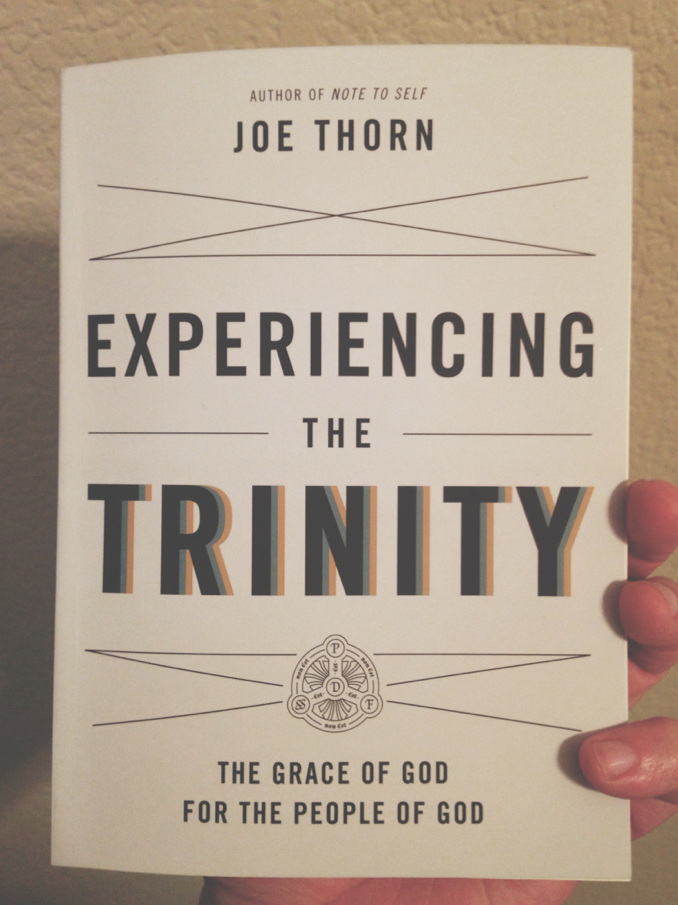The Long Way Home: thoughts on getting married and making a new home
"What are you most looking forward to about moving to Colorado," I ask him. We are driving toward the city in a rental car, downtown Denver dwarfed by the snow-capped peaks behind it. "Making a home," he says, and reaches for my hand. I feel a bit of a sob catch in my throat and I'm trying to not be melodramatic, but the sob is real and the emotion is too.
I have numbered the dreams that have slipped from my palms over the years and a home was the one that died the slowest death, particularly the dream of a husband in a home. To paint the walls, to settle in, to build something as permanent as anything on earth can be: this is the work of a home.
He grew up all over the world, moving every two to four years, and my adulthood has brought 18 moves in 14 years—neither of us really know what it means to be home anywhere. We have learned to make people our home and Christ our haven, and this sustains us, brings us joy unspeakable. Who needs painted walls and front porches when you have relationships forged in time and depth?
Home, I am finding, beside this man who every day surprises me more with God's providence, can be in the common grace and goodness of unity. As we move toward one another—and move toward Denver—I am moved by God's faithfulness to His plan, not ours. If it was up to us I'd have been married in my early twenties and he wouldn't have gone through a heartbreaking divorce. We wouldn't have suffered the humbling consequences of our own sins through the years, leading us straight to one another in the proper time and proper way. We would have spared ourselves the meantimes and meanwhiles and built our own kingdoms of mud and sand.
But God.
Home is not a place or a house, it is not painted walls or deep roots or knowing your neighbors or longevity. Home is Christ and Christ is the giver of good and perfect gifts, even the ones that take the longest to arrive.
Note to my readers:
In the next six weeks we have to sell a house, buy a house, pack up two houses, get married, honeymoon, leave Texas well, move to Colorado, transition his job, and start my job at Park Church—I know that might sound like a cakewalk to some of you, but to me it sounds like a lot. Because of that, I'll be putting Sayable on hiatus until just the thought of writing doesn't give me hives. I love you, my sweet readers, thank you for rejoicing with us in our engagement. Nothing about the timeline of our lives right now makes a lot of sense, but we are so deeply loved by our community here, and so full of peace about one another and the next season, we cannot help but worship God for His gifts to us today. We are overwhelmed by His goodness.














